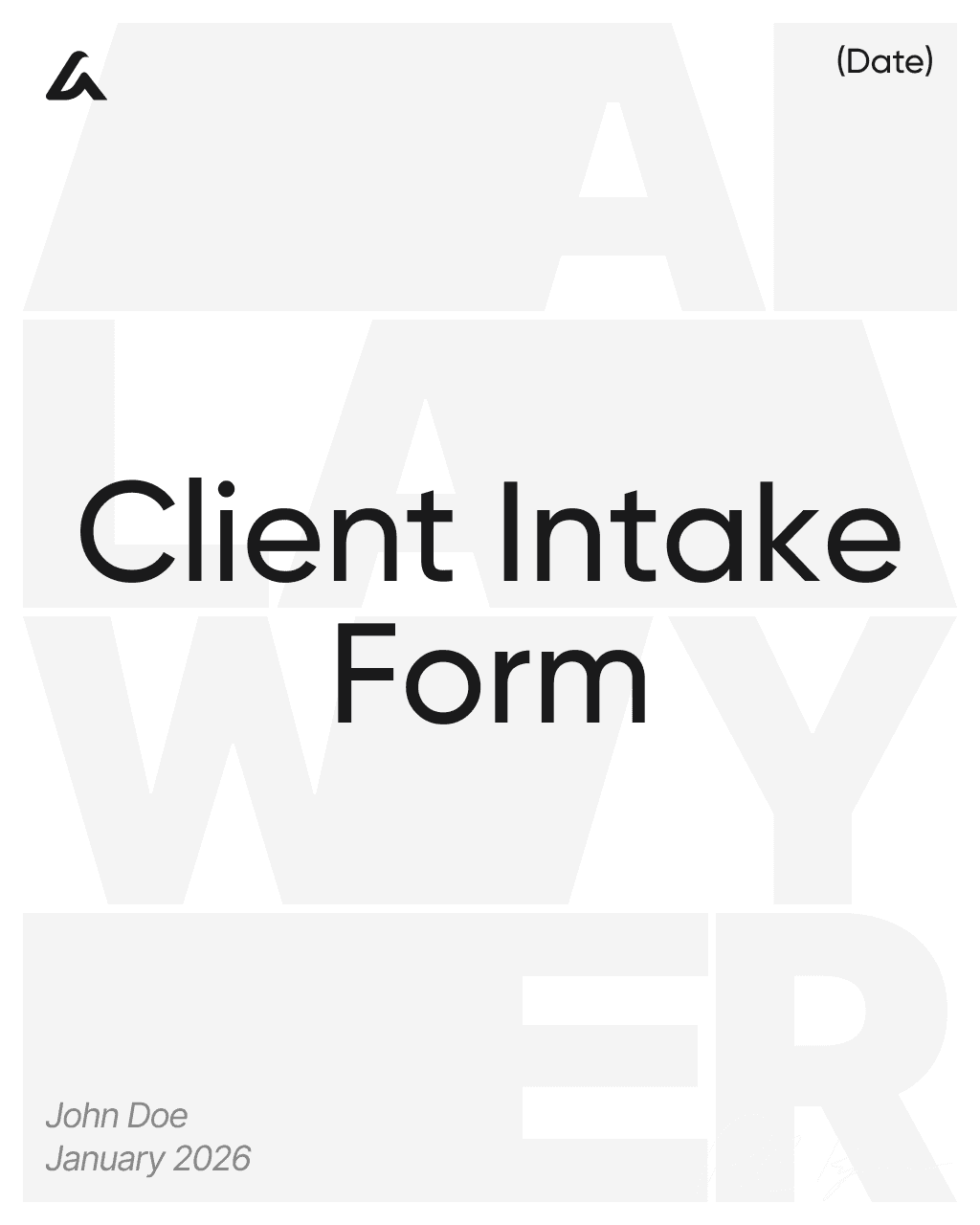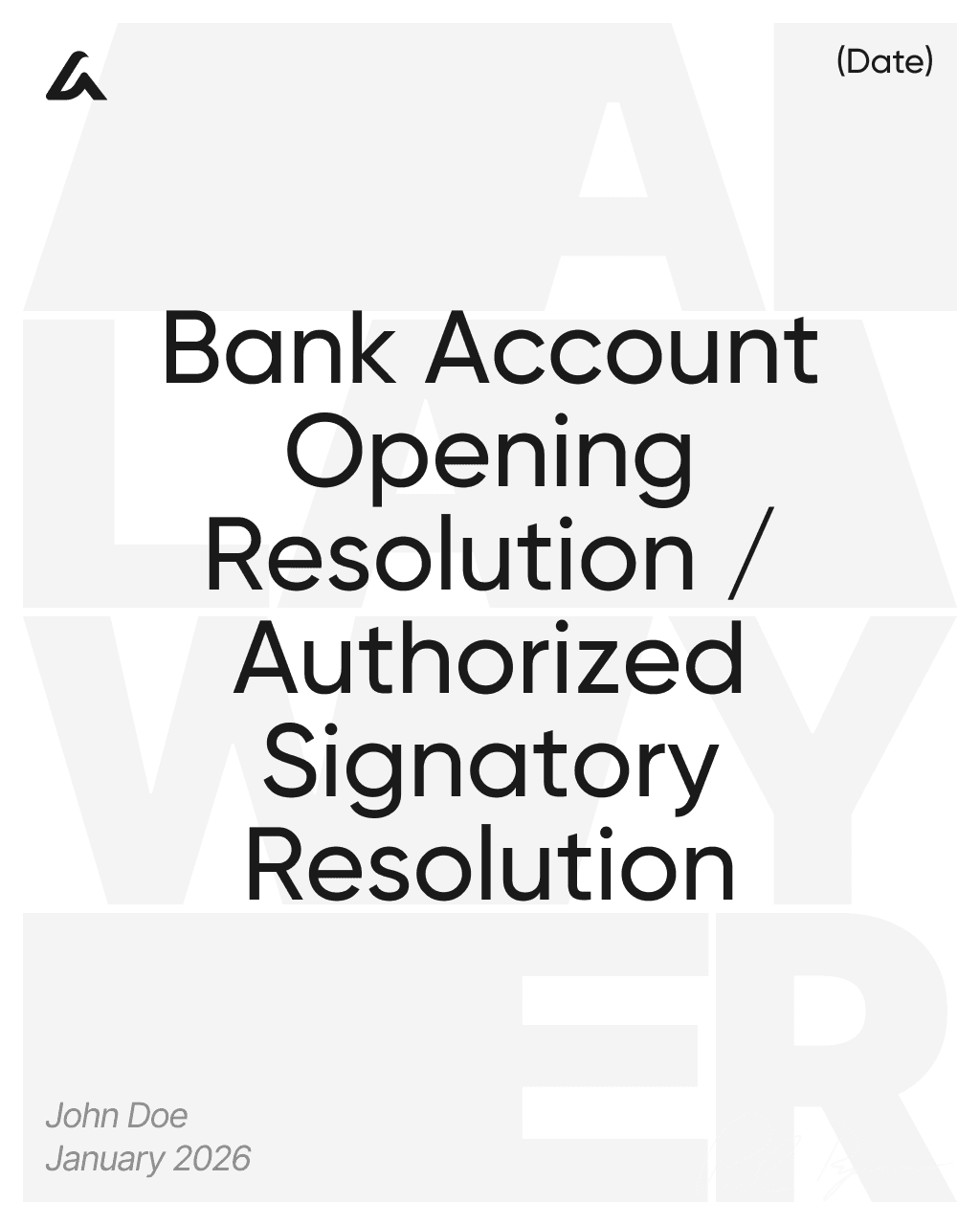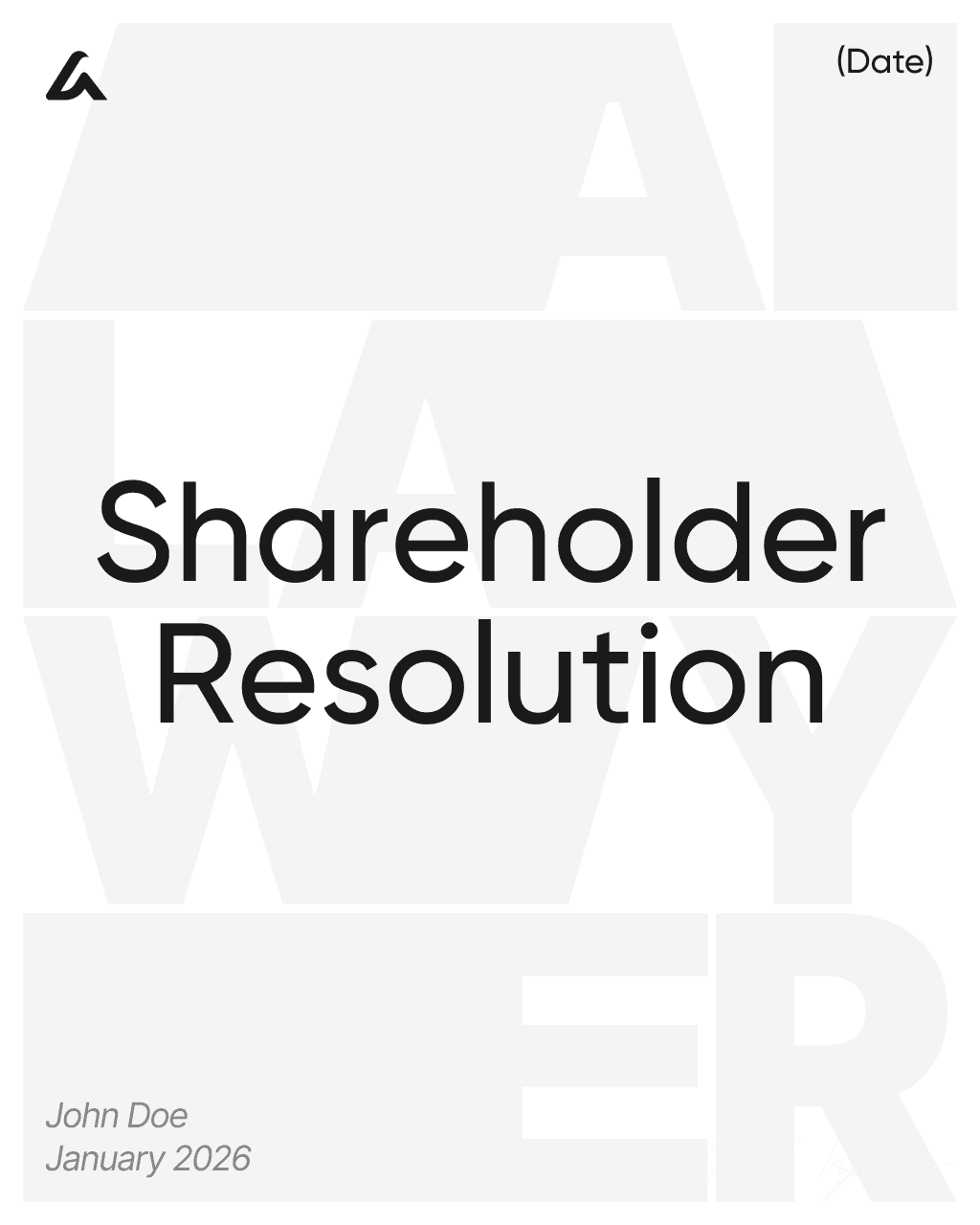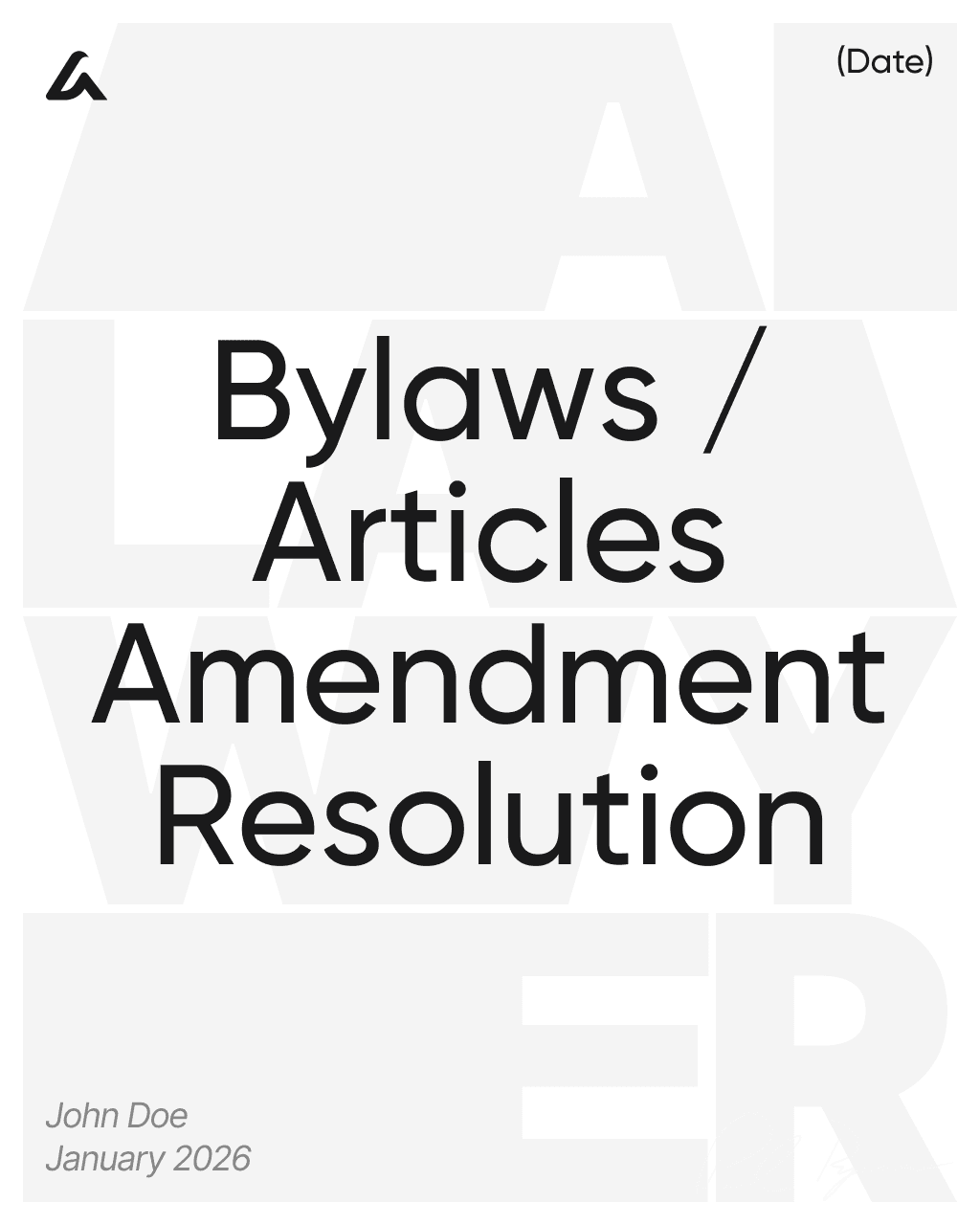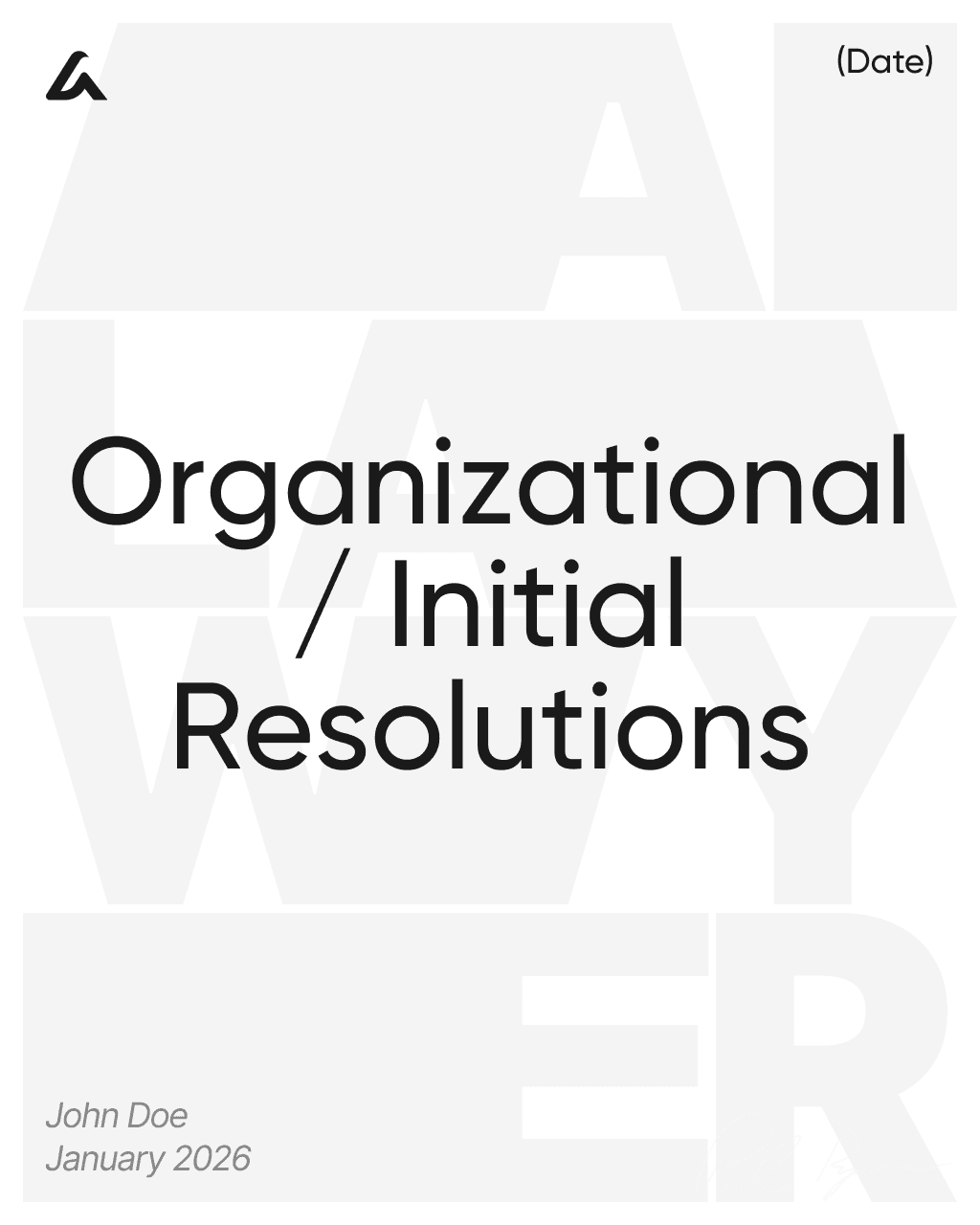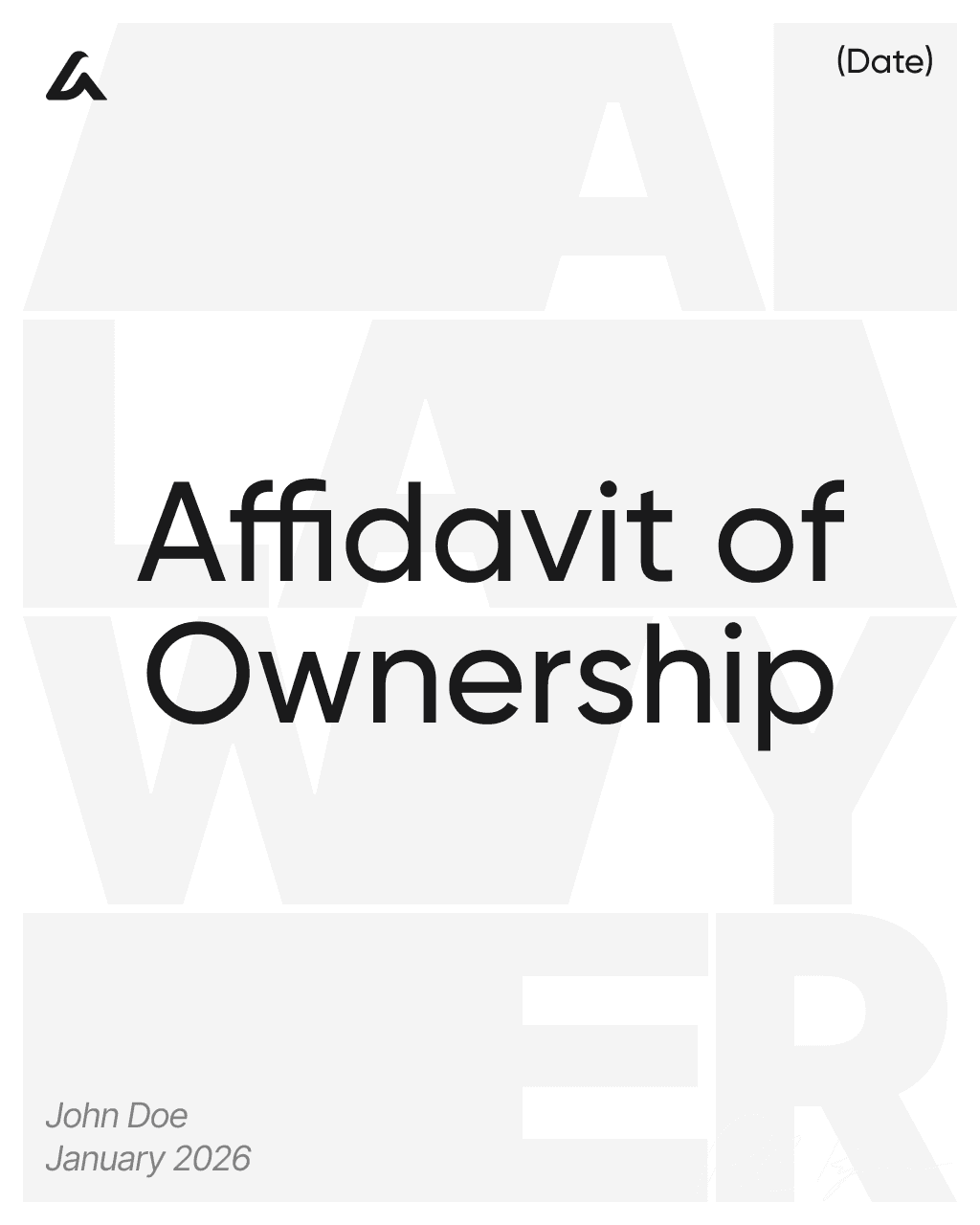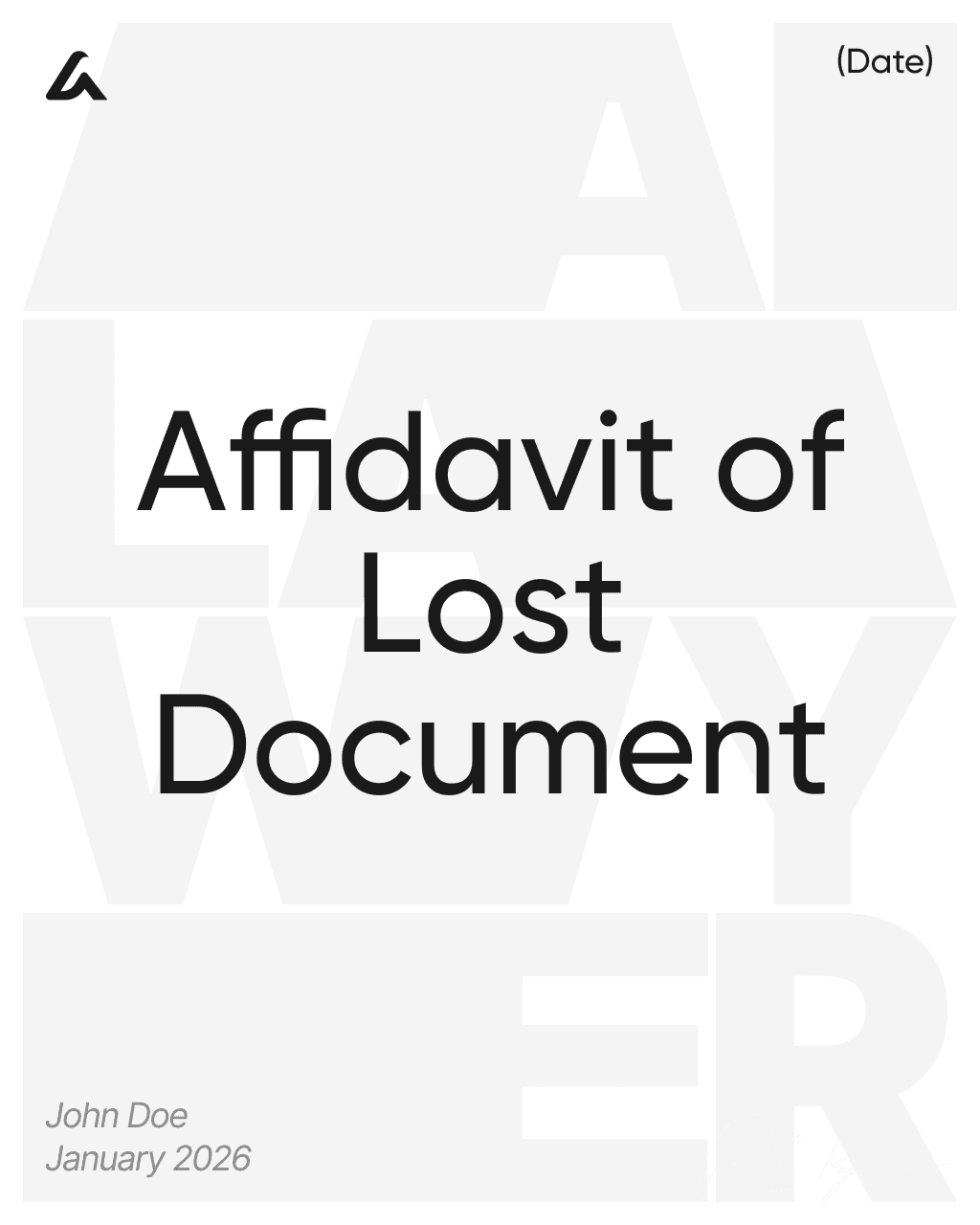Free template
Business Sale Agreement Template: Asset Transfer & Price Washington
Business Sale Agreement Template: Asset Transfer & Price Washington
Download template
Business Sale Agreement
This Business Sale Agreement (“Agreement”) is entered into on [Date], by and between:
Seller: [Full Legal Name / Company Name], with a principal place of business at [Address], hereinafter referred to as the “Seller.”
Buyer: [Full Legal Name / Company Name], with a principal place of business at [Address], hereinafter referred to as the “Buyer.”
The Seller and the Buyer may be referred to individually as a “Party” and collectively as the “Parties.”
1. Summary of Sale
Seller sells and Buyer buys the business [Business Name] at [Business Address], including assets in Schedule A.
2. Price; Payment; Post‑Closing Adjustments
Purchase price: $[Amount]; deposit $[Amount]; balance at Closing. Any post‑Closing adjustment for inventory/working capital is described in Schedule B.
3. Digital Assets and Data Handover
Seller shall transfer domain names, software keys, cloud accounts, and data sets described in Schedule A with secure credential delivery.
4. Operational Continuity Plan
A 30‑, 60‑, and 90‑day transition checklist appears in Schedule C. Seller will provide reasonable support per that plan.
5. Contracts; Consents; Assignments
Contracts that require consent are in Schedule D. Interim arrangements may be used until consents are finalized.
6. Employees; Independent Contractors
Buyer may offer roles to selected personnel; Seller is responsible for pre‑Closing obligations, Buyer for post‑Closing obligations to hires.
7. Representations; No Undisclosed Liens
Seller represents authority and good title to assets free of undisclosed liens; Buyer represents capacity to consummate the transaction.
8. Indemnities; Procedures; Escrow (if any)
Indemnity terms and claim procedures are outlined in Schedule E; an escrow of $[Amount] may be held for [X] months.
9. Non‑Compete/Non‑Solicit (optional)
Seller will not compete within [Geographic Area] for [Term] and will not solicit key relationships transferred with the business.
10. Governing Law; Venue; Entire Agreement
Governing law: [Washington State]; venue: [County], Washington. Entire Agreement includes Schedules A–E and any addenda.
Signatures
Seller:
Signature: _______________________ Date: __________
Name/Title: ______________________
Buyer:
Signature: _______________________ Date: __________
Name/Title: ______________________
Flash deal
Flash deal
Today
Today
No time to fill it up? Generate your custom agreement with AI Lawyer in seconds
What’s Included
Legal Research
Legal Research
Legal Research
Contract Drafting
Contract Drafting
Contract Drafting
Document Review
Document Review
Document Review
Risk Analytics
Risk Analytics
Risk Analytics
Citation Verification
Citation Verification
Citation Verification
Easy-to-understand jargon
Easy-to-understand jargon
Easy-to-understand jargon
Details
Learn more about
Business Sale Agreement Template: Asset Transfer & Price Washington
Click below for detailed info on the template.
For quick answers, scroll below to see the FAQ.
Click below for detailed info on the template.
For quick answers, scroll below to see the FAQ.
Washington Business Sale Agreement FAQ
What is a Business Sale Agreement?
A Business Sale Agreement is a legally binding contract that sets the terms for transferring ownership of a business from the seller to the buyer. It clearly states what exactly is being sold — such as equipment, inventory, intellectual property, or customer contracts — and whether any liabilities or debts are included. The agreement also outlines the purchase price, payment method, and closing conditions, so both sides understand their obligations.
When to use a Business Sale Agreement?
You should use a Business Sale Agreement any time a business — or major parts of it — is being sold or transferred. This includes selling an entire business, specific assets, or even just the rights to operate under the current brand. It’s important whether the deal involves a large company or a small, privately-owned business.
Using a Business Sale Agreement ensures that both the buyer and seller clearly understand what is included in the sale, how and when payment will be made, and what each party is responsible for before and after the transaction. It helps prevent misunderstandings and protects both sides if any issues arise later.
What should be included in a Business Sale Agreement?
A Business Sale Agreement should include all important terms of the sale so that both parties are legally protected and fully understand the transaction. Key elements typically include:
Buyer and seller information — legal names, business addresses, and authorized representatives
Description of what is being sold — specific assets, inventory, intellectual property, customer lists, equipment, or goodwill
Purchase price and payment terms — total price, due dates, deposit, and payment method
Transfer date — when ownership officially changes hands and who is responsible for the business before and after closing
Liabilities and debts — whether the buyer is taking over any business obligations
Representations and warranties — assurances about the business’s financial condition and legal compliance
Confidentiality and non-compete terms — protecting the value of the business after the sale
Closing conditions — actions required before the deal can be finalized
Dispute resolution — what happens if a disagreement arises later
Signatures of both parties — making the agreement legally enforceable
Can a Business Sale Agreement be changed after signing?
Yes. A Business Sale Agreement can be changed after signing, but only if both the buyer and the seller agree to the modification in writing. Any change must be documented in an amendment that is signed by both parties to ensure it is legally enforceable.
You cannot simply update the contract verbally or make changes on your own — written consent is required to avoid disputes and to ensure that the updated terms are valid if the agreement is ever reviewed in court.
What is the difference between an asset sale and a stock sale?
In an asset sale, the buyer only purchases specific assets of the business — such as equipment, inventory, contracts, or intellectual property — and can choose which assets and liabilities to take. The business entity itself usually remains with the seller.
In a stock sale (or membership interest sale), the buyer purchases the entire business entity, including its shares, assets, debts, and legal obligations. Ownership changes hands, but the business continues to operate as the same company.
Similar templates
Other templates from
Business Document
Money back guarantee
Free trial
Cancel anytime
AI Lawyer protects
your rights and wallet
Money back guarantee
Free trial
Cancel anytime
AI Lawyer protects
your rights and wallet
Money back guarantee
Free trial
Cancel anytime
AI Lawyer protects
your rights and wallet
Money back guarantee
Free trial
Cancel anytime














































